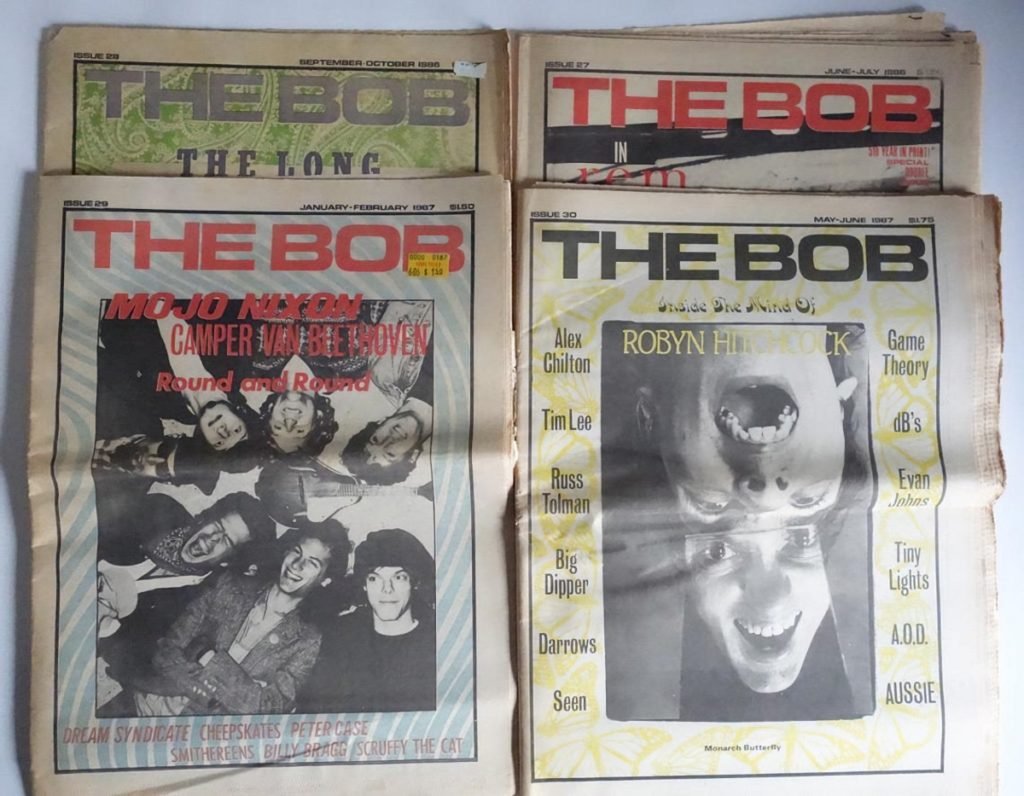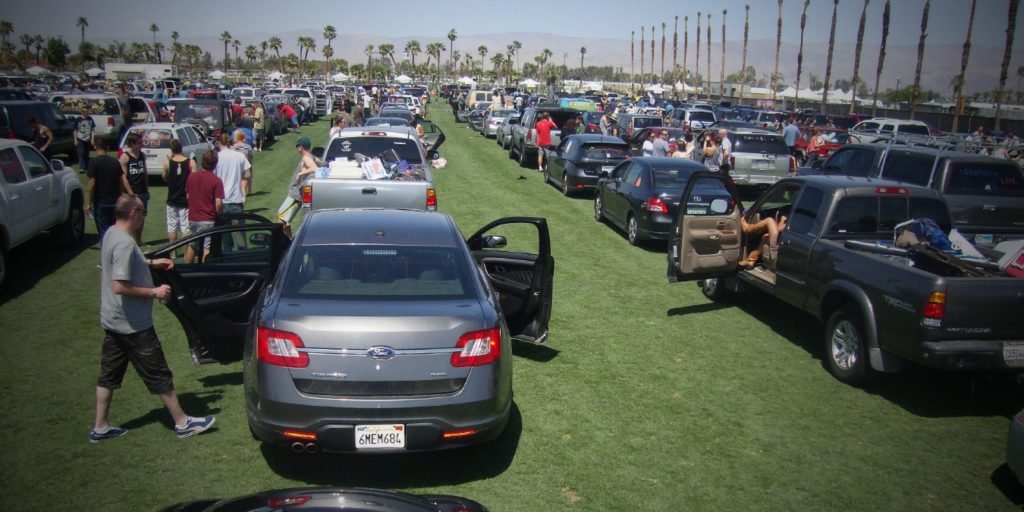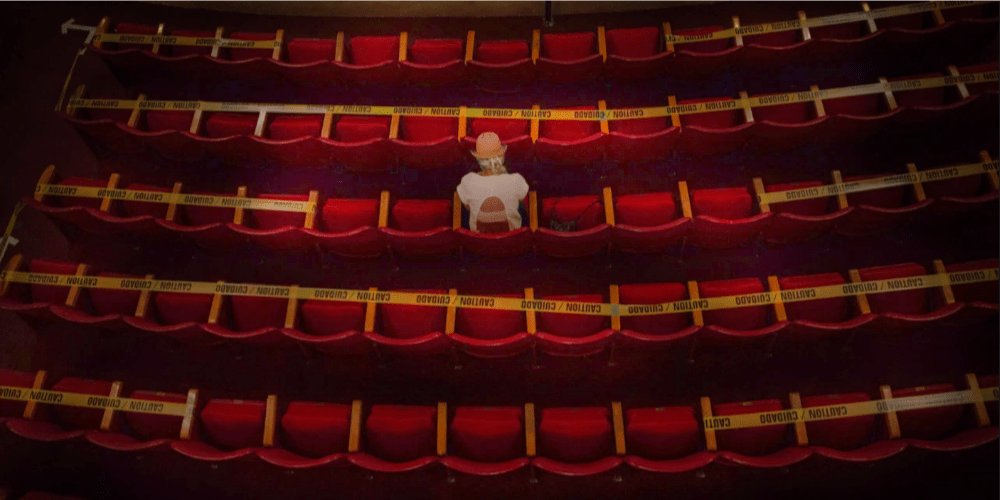I had an enjoyable conversation with Lyte’s Lawrence Peryer last week. We got nostalgic about learning about new music in our formative years — especially challenging for me as a teenager in the middle of Louisiana. I told him about hanging an electric antenna out of my bedroom window and how crappy equipment made me a better DJ. Then, we talked about why there should be niche streaming services, how people are forgetting Frank Zappa, and that Sandinista! isn’t the best Clash record to start with. I used the word “fascinating” a lot.
Oh, and we recorded this sprawling conversation. It’s the latest episode of the Spot Lyte On… podcast, and you should give it a listen. It’s fun.
At one point, on the subject of indie music discovery in the mid-80s, I mention a fanzine called The Bob1Sadly, I can’t find a history online to link to, but contributor Fred Mills talks about it in this interview.. I call it my ‘music bible at the time.’ I can’t express enough how vital this mag was for me. It brought this sixteen-year-old punk rocker to The Velvet Underground, after all. Anyway, after we spoke, Lawrence sent me this link on Etsy. Someone is selling four vintage issues of The Bob. I remember all of these — I read them cover-to-cover, and probably more than once, when they were brand new. Seeing these mags in this photo delivered that melancholy pang of remembering that youthful period of discovering that music means something. You know the pang I’m talking about. Sigh.

For someone who professes to avoid nostalgia, there’s a lot of nostalgia in this podcast. I hope you enjoy the conversation.





